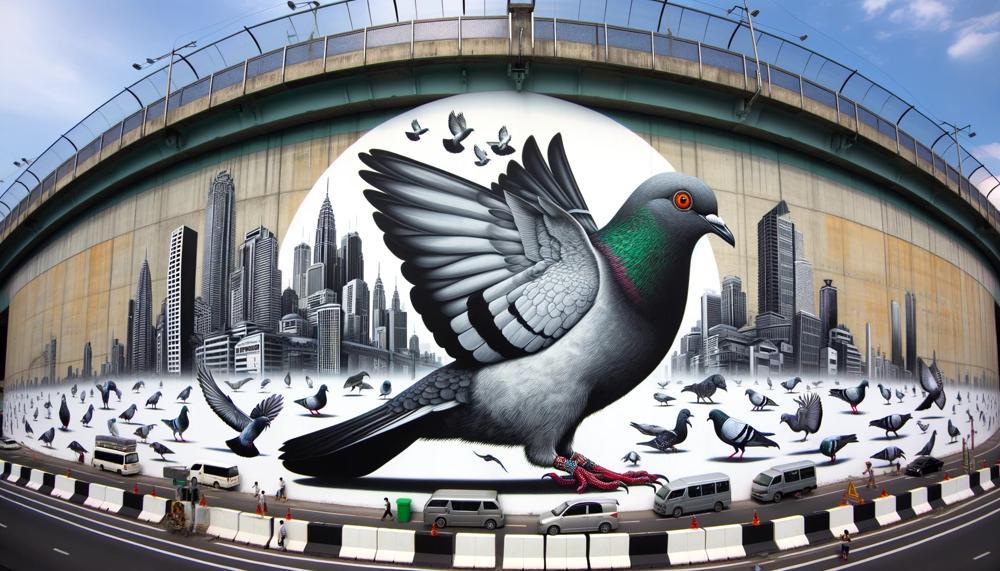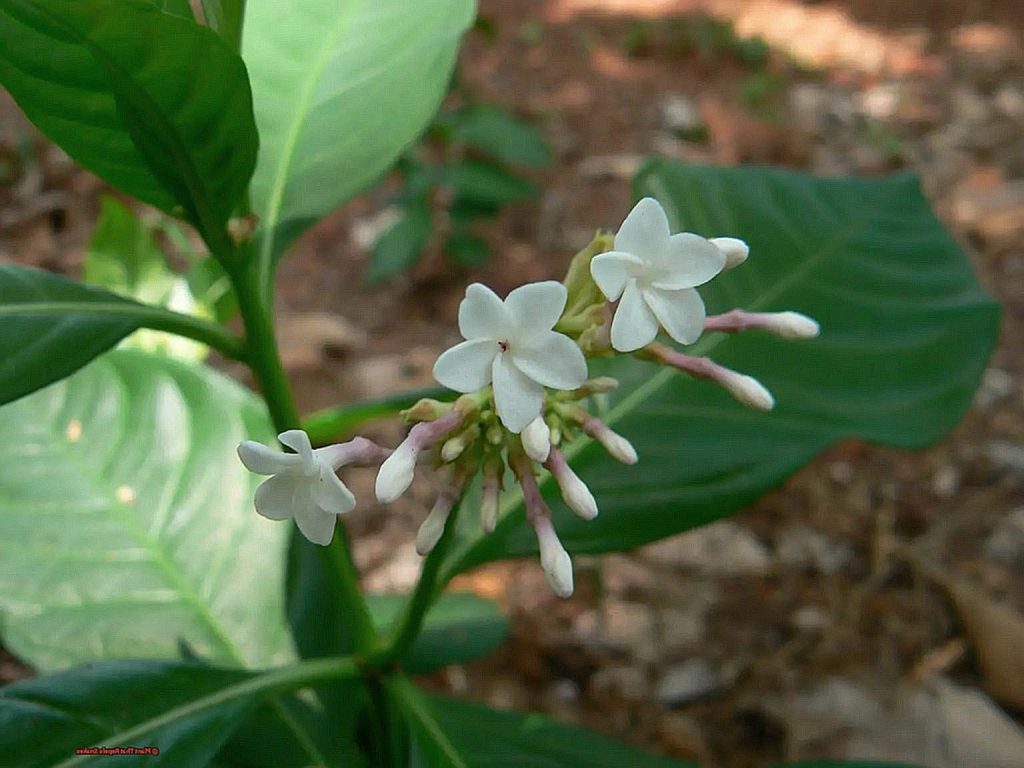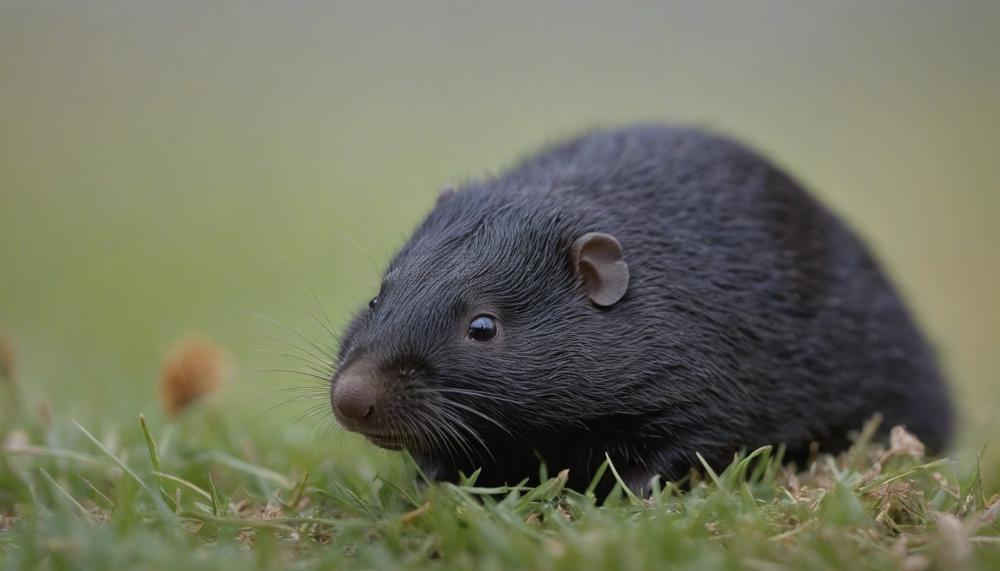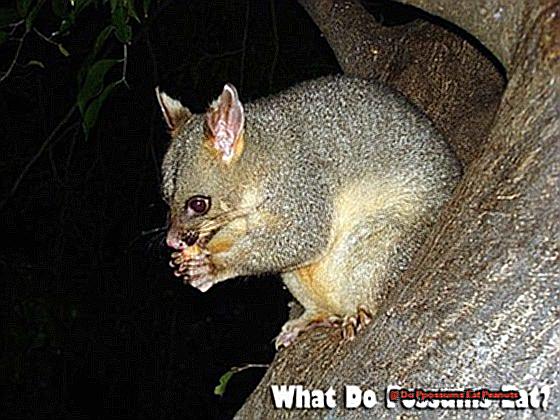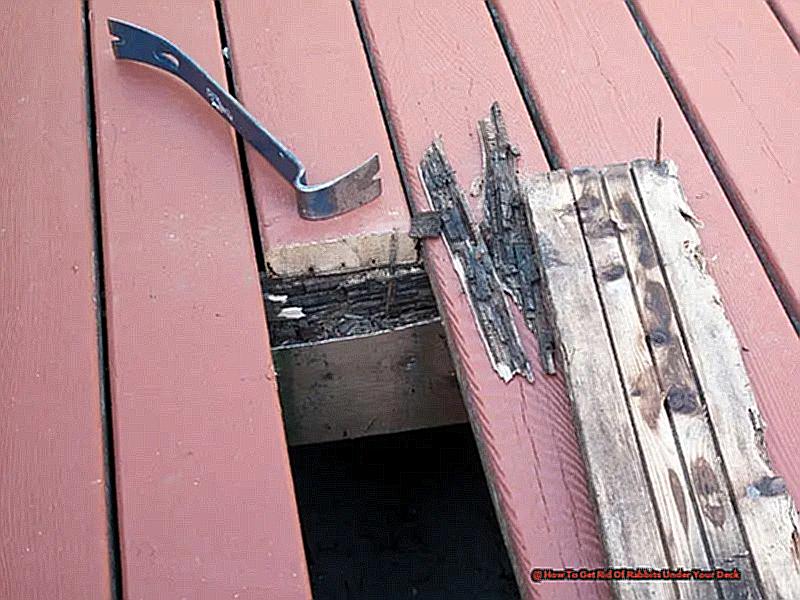Did you know that if conditions are right, a pair of breeding pigeons can grow to 400 birds in just four years? Even though pigeons are interesting birds that live in cities, their constant talking, droppings, and mating habits can make them feel like unwanted guests very quickly. This is good news, though: getting rid of birds naturally and without hurting them is not only possible; it can also be pretty easy.
Many people want to find non-lethal ways to control pigeon numbers because we live in a world that values preservation and being kind to all living things. There are natural ways to keep pigeons away from your porch, yard, or roof. This blog post has all the information you need.
So, how do you get rid of pigeons without harming them naturally?
Here are some safe and humane techniques to deter pigeons from your property without causing them harm:
- Remove any possible food sources: Keep your outdoor trash cans sealed at all times and clean up any garbage, crumbs, pet food, or dropped food your family or visitors might leave on your patio or yard. Never feed pigeons as they have excellent memories when it comes to food sources.
- Install reflective surfaces: Reflected light interferes with the pigeons’ eyesight and repels them. Locate surfaces where your pigeons like to land and stick waterproof reflective tape to the surface.
- Stretch weatherproof string across popular roosting areas: Taut string or fishing line keeps the pigeons from balancing anywhere.
- Seal your outdoor trash cans and always clean up any garbage, pet food, or crumbs that get spilled outdoors to eliminate the pigeons’ food sources.
- Make popular pigeon landing spots uninviting by installing humane repellents like reflective tape, spike strips, or bird netting.
- Try setting up a pigeon scare (a hawk-like silhouette to spook pigeons) or hiring a professional falconer to frighten (not harm) pigeons with a real hawk.
- Regularly clean windows, balconies, and roofs to eliminate nesting opportunities for pigeons.
- Consider introducing a pet, particularly a dog, to your home. The presence of a pet can serve as a natural deterrent.
- Fill gaps between the roof shingles and your house siding. Seal any nesting sites using hardware cloth and silicone caulk or just plastic bird netting.
Table of Contents
Getting to Know Pigeons
Pigeons, with their adaptability to urban environments, exhibit several behaviors and characteristics that can be troublesome for humans.
By understanding these traits, we can devise natural and humane strategies to mitigate their nuisance without causing harm.
| Behavior/Characteristic | Why It’s a Nuisance | Natural Solutions |
| Roosting and Nesting Habits | Pigeons prefer sheltered spots like ledges and rooftops for roosting and nesting, leading to unsightly droppings and potential damage to building materials. | Install bird spikes or netting to deter pigeons from landing. Offer alternative nesting sites away from buildings. |
| Constant Cooing and Wing Flapping | The noise created by pigeons, especially in large numbers, can be disruptive to residents and businesses. | Use sonic devices that emit predator calls or distress signals of pigeons to disturb their peace without harming them. |
| Flocking Behavior | Pigeons live in large flocks, making it challenging to remove just one or two birds. Their presence in groups can overwhelm spaces quickly. | Deploy visual deterrents like predator decoys or reflective objects to scare away flocks naturally. |
| Feeding Habits | Being opportunistic scavengers, pigeons are attracted to areas with accessible food sources, contributing to their persistent presence. | Maintain cleanliness by securing trash and removing food scraps. Use feeders designed to deter pigeons but allow smaller birds access. |
By addressing the root causes of pigeon nuisances through these natural solutions, we can reduce their impact in urban areas effectively.
It’s about creating an environment that’s less inviting for pigeons but does so in a manner that respects their right to coexist.
How to Get Rid of Pigeons
Getting rid of pigeons in a way that’s kind to the birds but effective for us humans is all about being clever with what we’ve got.
Here’s how you can send those pigeons packing without hurting a feather on their heads:
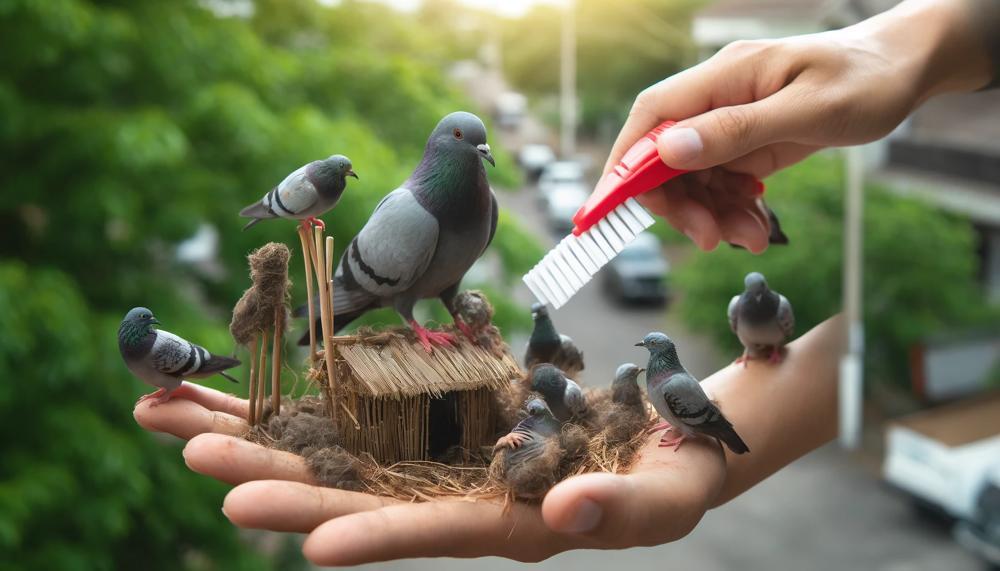
| Method | Description | How It Works |
| Visual Deterrents | Using reflective items or fake predators. | Reflective objects like old CDs or small mirrors disorient pigeons with flashing lights, and models of owls or hawks trick them into thinking predators are nearby. |
| Sound Deterrents | Emitting noises pigeons find scary. | Devices that mimic the distress calls of other birds or the sounds of predators can spook pigeons away from your space. |
| Scent Deterrents | Applying strong smells pigeons dislike. | Essential oils like peppermint or citrus, or even a sprinkle of cayenne pepper, create an unwelcoming environment for pigeons due to their sensitive noses. |
| Exclusion Techniques | Making landing or nesting spots inaccessible. | Installing spikes, netting, or angled covers on popular roosting ledges discourages pigeons from stopping by. |
| Cleanliness | Removing food and water sources. | By keeping outdoor areas free of food scraps and standing water, you remove the pigeons’ incentive to hang around. |
Each of these methods taps into a pigeon’s natural instincts—whether it’s their fear of predators, dislike of certain smells, or confusion caused by unexpected lights and sounds.
None involves harm; instead, they encourage pigeons to find a more suitable spot to call home. Remember, it might take a mix of these strategies to fully deter our feathered friends.
How to Keep Pigeons Away
To naturally deter pigeons from your property without causing them harm, you can employ various strategies that are both effective and humane. These methods leverage pigeons’ natural aversions and behaviors to encourage them to choose other areas to inhabit.
| Method | Description | How It Works |
| Visual Deterrents | Utilising items like reflective tapes, shiny CDs, or predator decoys (e.g., fake owls). | Creates a disorienting effect or simulates a threat, making pigeons feel unsafe. |
| Sound Deterrents | Employing devices that emit high-frequency sounds or using wind chimes. | Generates noises that are uncomfortable for pigeons but not usually heard by humans. |
| Physical Barriers | Installing bird netting, spikes, or sloped sheathing on roosting spots. | Makes it challenging for pigeons to land or nest, encouraging them to move on. |
| Cleanliness and Food Control | Ensuring no accessible food sources by securing trash and cleaning up leftovers. | Removes the attraction to the area by eliminating easy food sources. |
| Natural Repellents | Using strong-smelling substances like peppermint oil, cayenne pepper, or garlic. | Pigeons dislike these scents, which acts as a deterrent without harm. |
Implementing these strategies requires observation and patience as pigeons adapt over time.
It might be necessary to employ multiple methods simultaneously or rotate them to maintain effectiveness.
Why Do Pigeons Keep Coming Back to My House?
Pigeons, those city dwellers with feathers, often find themselves at our doors, windows, and ledges, much to our dismay. Their knack for returning to the same spot, be it your house or garden, isn’t just a fluke. It’s a mix of instinct, need, and the comfort of the familiar.
Let’s dive into why these birds keep coming back and how you can gently nudge them towards a new hangout spot.
Why Pigeons Fancy Your House
- A Feast for Kings: Your home might unknowingly roll out the red carpet for pigeons with food scraps or bird feeders.
- Shelter from the Storm: Those cozy nooks and crannies on your property offer prime real estate for nesting.
- Family Ties: Pigeons are creatures of habit, sticking close to their mates and offspring, making your house a generational home.
- Food Glorious Food: The mere presence of accessible food sources can turn your home into pigeon central.
Turning the Tables: Preventing Pigeon Freeloaders
Implementing measures to make your abode less appealing to pigeons is key. Here’s how:
| Action | Reason | Effectiveness |
| Seal Off Entry Points | Prevents access to nesting sites. | High |
| Keep It Clean | Limits food availability. | Moderate to High |
| Use Deterrents | Makes environment inhospitable. | Varies |
| Seek Professional Help | For severe infestations or damage. | High |
Conclusion
To get along with urban wildlife, especially pigeons, we need creative, kind-hearted solutions that protect our peaceful areas while also showing respect for these feathery friends. Pigeon prevention isn’t about fighting them; it’s about getting them to stay away from our homes without hurting them in any way. This method combines the natural world’s knowledge with our desire for peace by using methods that appeal to pigeons’ feelings and habits.
Similar to the scarecrows our ancestors used in their fields, visual and audible deterrents now come in shapes that confuse and warn birds without bothering them. Modern totems include reflective items and predator effigies that make birds afraid by giving them the impression of danger. Simultaneously, devices that produce sounds that disturb birds but are inaudible to humans establish a functional auditory barrier.
Furthermore, the smells and tastes of their surroundings can also gently push pigeons toward new fields. By strategically placing natural deterrents like peppermint, cayenne pepper, and others, we can make the smellscape less appealing to our avian visitors. Changes to structures and keeping things clean are also practical ways to make our areas less appealing, approachable, and comfortable for pigeons, which makes them more likely to find other places to live.
We, as environmental designers, must ensure that the places we create respect the delicate balance between human comfort and wildlife’s proper place in the urban scene. By being patient, observing, and using a variety of non-harmful deterrents, we can use nature’s quiet language to scare pigeons away.

